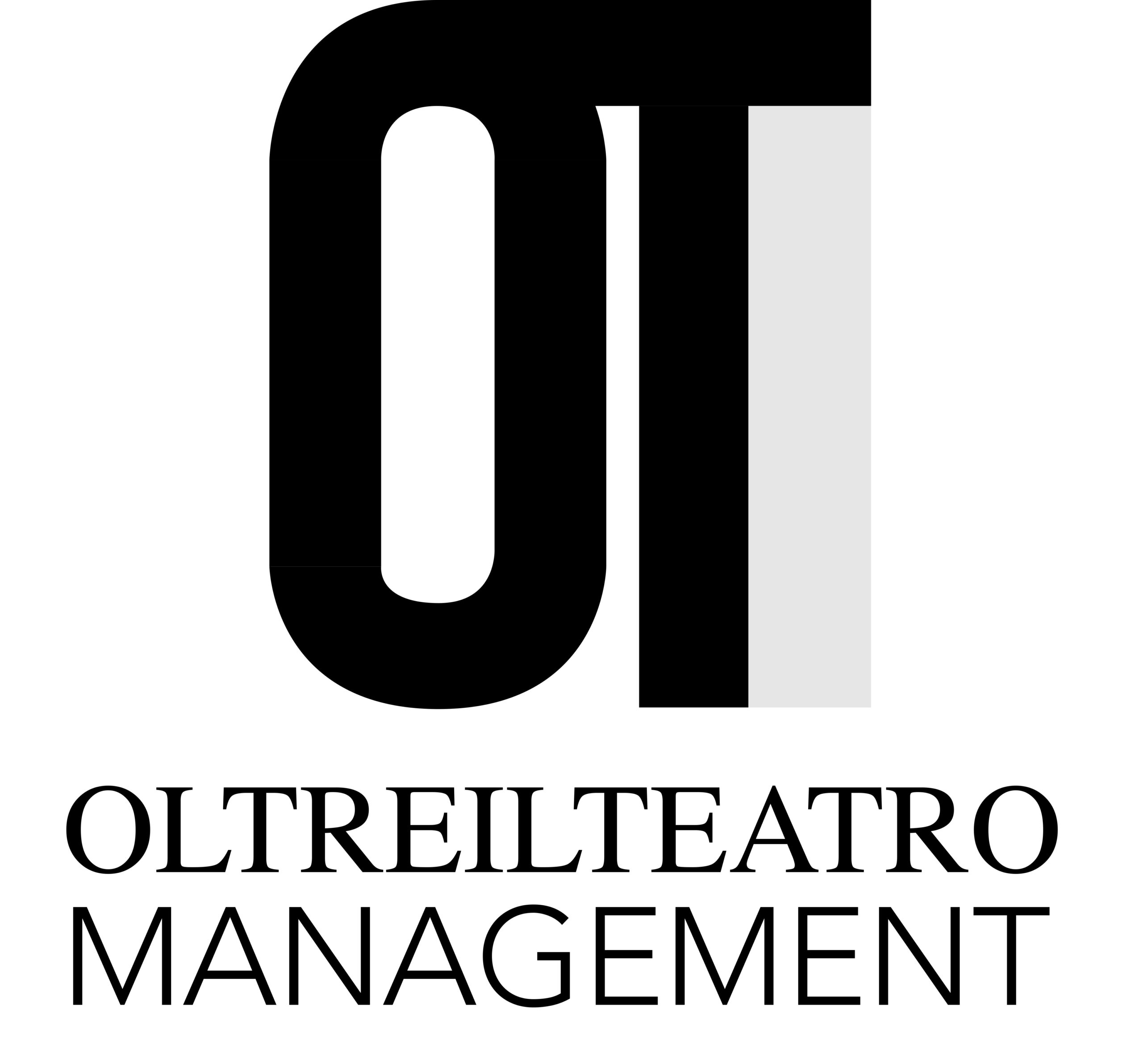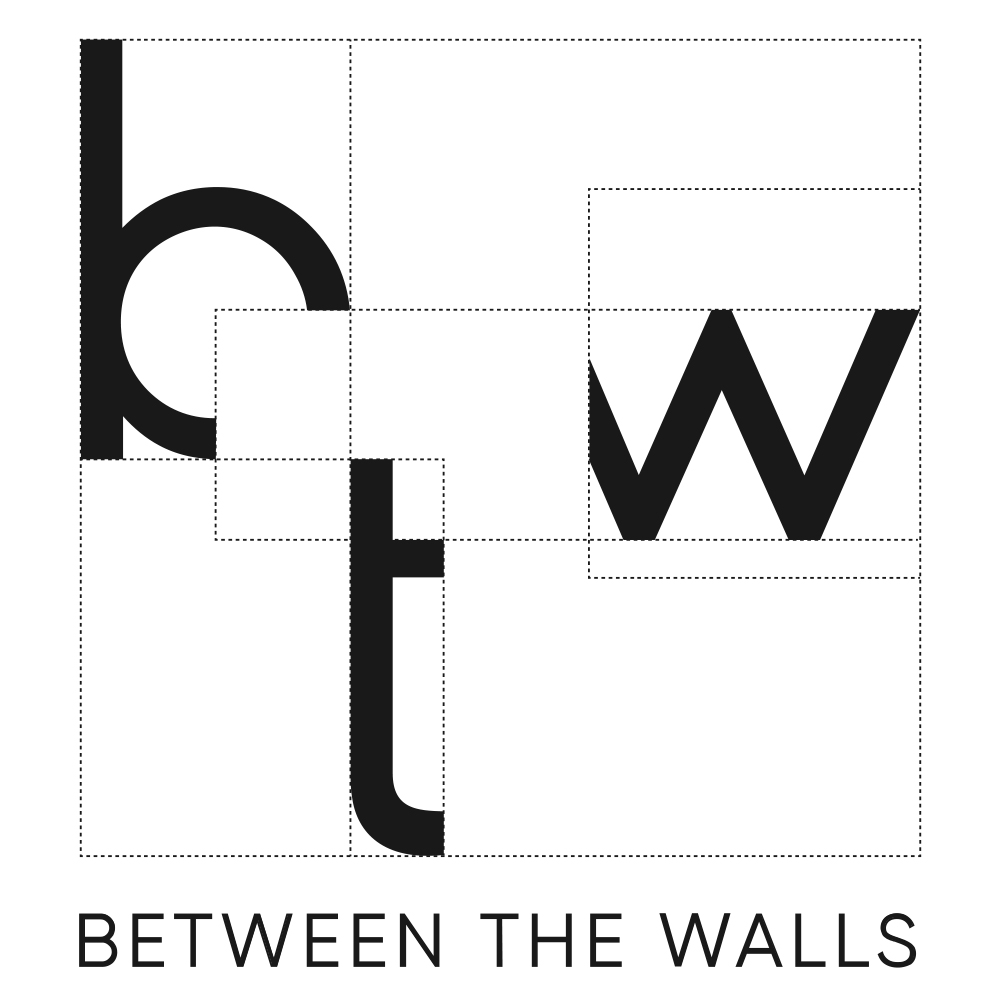“Whoever controls your fear, controls you. Wake up and take back your power”
Fear functionally is more than just an emotion. Its emergence seems to pull the plug out of the socket of awareness. A person plunges into a semblance of sleep, and the threads of control end up in someone else’s hands. A frightened person becomes pliable clay, ready to take any shape imposed from the outside.
When a person is afraid, they are not in control of themselves. Fear becomes that quicksand on which someone else’s will grows. Just yesterday’s “wants” fade in the face of the obsessive “must”, dictated by the anxiety of “not being worse”, “conforming”. People rush to acquire unnecessary things, fearing they’ll be left out of the “success” generously thrust upon them by the marketers of fear. They become embroiled in senseless battles, inflamed by someone else’s flame of fright.
In this narcotic power of fear lies the widespread readiness of people to abandon their own opinions, just to avoid facing judgment or provoking the ire of the “powerful”. Like frightened children, they hide behind others backs, surrendering their right to voice to those who shout the loudest about threats.
Let’s explore this paradoxical power of fear that turns free individuals into obedient puppets. How can we recognize this hypnotic whisper and take back the reins of control over our own minds? Today, we will talk about it.
So, if a sticky fog of fear is thickening in the air, know that someone has already extended invisible threads to you. Pay attention to this simple yet effective formula: fear is a harbinger of someone else’s will. When you are frightened, it means someone desires something from you. And usually, this “something” lies far beyond your own desires.
But it is this soothing veil of fear, this anesthesia of consciousness, that makes you so compliant. Yes, perhaps deep inside, a dull indignation is brewing, indignation that is seething. However, your legs still carry you to where the trembling finger of fear points. Your hands perform actions dictated not by an inner impulse but by a chilling horror of the possible consequences of disobedience.
There are numerous examples of how people, driven by the fear of losing their jobs, status, or the approval of significant figures, take actions that contradict their moral principles and deep-seated beliefs. They may resent this internally but continue to “play by the rules” imposed by those who skillfully pull the strings of their fears.
How can one learn to recognize those ominous notes in the chorus of external demands? How can we awaken our consciousness from this drowsy haze and reclaim our right to our own will, to our own decisions, free from someone else’s fright? So, what should we do when the icy fingers of fear try to close the eyelids of our consciousness?
THE ANSWER IS SIMPLE YET COMPLEX: WAKE UP!
Transform this drowsy haze into a resounding alarm of awakening. Let’s use alchemical transformation, where poison can become medicine, and darkness can herald light.
As soon as you feel the cold touch of fear, know that it is time to awaken. Feel yourself here and now, in the fullness of your “self”. And ask that vital, saving question: “Why are they trying to frighten me?” Whether it’s the multi-voiced chorus of the media, the authoritative tone of parental guidance, the stern gaze of leadership, or the anxious intonations of a loved one — the goal is the same: to prompt certain actions.
But if those actions are dictated only by biological horror, can they bring true benefit? I believe you’ve come to the disheartening conclusion many times: actions taken under the weight of fear rarely yield good results.
And here lies the paradox — the very act of awakening your conscious “self” grants you the greatest freedom of all — the freedom to choose. To act or not to act. To succumb to someone else’s will, based on your fear, or to follow your own judgment. And here lies a great truth:
ACTIONS BORN FROM THE DEPTHS OF YOUR OWN WILL ARE LIKE SEEDS PLANTED IN FERTILE SOIL — THEY WILL INEVITABLY BEAR GOOD FRUIT.
Now let’s pay attention to the remarkable feature of our brains — the ancient wisdom inherited from our distant ancestors. Fear… it is like a bright flash in the night, capturing our gaze faster than the soft glow of joy. This is not a whim, but a deeply rooted survival mechanism, a biological necessity. Evolution has wisely arranged for the warning whisper of danger to sound louder than the gentle melody of well-being. For a threat recognized in time is a chance to survive.
But within this biological determinism lies the greatest gift that distinguishes us as humans — consciousness. We are not mere reactive automatons, driven by ancient instincts. We possess the ability for reflection, for conscious choice. Yes, the initial, instinctive reaction to fear can be instantaneous, but then reason comes into play. And this is where the window of possibilities opens.
Understanding this duality of our nature reveals how often we allow this ancient mechanism to take over, even when there is no real threat. We flinch at a loud sound, though it is merely a door slamming. We worry about the future, even though it has not yet arrived. We allow fear to dictate our decisions, even though we have the power to choose our reaction.
We possess a unique ability — the ability to consciously choose our reaction to the ancient instinct of fear. We can learn to recognize this evolutionary “alarm” without letting it turn into a paralyzing “anesthesia”, and to turn this ancient power, this instinctual fear, to our service.
Allow yourself this audacity — to turn the enemy into an ally, darkness into a source of light, training your ability to see fear not as a soothing potion, but as a deafening signal of awakening.
As soon as the cold wave of anxiety washes over your body, instead of shrinking back and succumbing, stop. Wake up! Feel the fullness of the present moment. And ask yourself key questions: “What is happening right now? Who benefits from my state of fear and the subsequent actions?”
Then turn inward. Look into the calm harbor of your own heart and ask: “What do I truly desire?” And let another question be born, bold and liberating: “What will my actions be if fear no longer shackles me?”
Often we overlook our own desires, submitting to the fears of others. But once you wake up and recognize your true aspirations, the chains of fear begin to crumble.
The thin thread that connects our inner world to the external one is emotions. They are like messengers carrying news about what is happening within our “self” or beyond it. Joy proclaims well-being, sadness signifies loss, anger indicates a breach of boundaries. Fear, however… fear signals a threat.
But no matter how eloquent these messengers are, the control panel of this signaling system is in our own hands. Yes, we are flesh and blood, subject to the laws of biology. However, we are more than just complex biochemical machines. We possess consciousness, the ability for self-reflection, and the capacity to consciously choose our reactions. Often, we mistakenly identify ourselves with our emotions, allowing them to uncontrollably dominate us. We forget that to feel does not mean we are that feeling. Fear arrives — it is a signal. But deciding how to react to that signal is our prerogative.
Here it is, the cornerstone of free will: if we do not take the reins over our emotional responses, someone else will undoubtedly take them. If we are not the masters of our feelings, we become puppets in someone else’s game.
Those who can skillfully press the buttons of our fears, our anxieties, our guilt become invisible puppeteers. They pull the strings of our emotions, and we obediently act in ways that please them. We panic where we should stop and think. We buy unnecessary things, fearing social judgment. We engage in meaningless conflicts, inflamed by someone else’s anger.
Look at the numerous examples of manipulations based specifically on playing with other people’s emotions. Advertisements, politicians, even close people — they sometimes unconsciously and sometimes quite consciously use our fears and desires to achieve their goals.
What comes next? What follows is the realization of this vulnerability, this risk of becoming a pawn in someone else’s emotional game.
So, how can we tame these emotional horsemen and make them serve our will? Here are a few effective ways:
- Mindful Observation:
When the wave of emotion hits, don’t rush to drown in it. Stop and observe it from the outside, as if you’re watching the flow of a river. What do you feel? Where in your body does this emotion resonate? Simple observation already provides some distance and control. - The “Why?” question:
Ask yourself “Why am I feeling this right now? What event or thought triggered this emotion?” Understanding the cause is the first step to management. - Reframing:
Try to look at the situation from a different angle. Is the threat really that significant? Is there something else hidden behind the fear? Reframing can change the emotional coloring of the event. - Action instead of Reaction:
Instead of automatically reacting to the emotion, choose a mindful action. Does anger push you to shout? Take a deep breath and express your opinion calmly.
Thus, we have come to the awareness of an important truth: emotions are not enemies to be suppressed, but valuable signals that carry information about our inner and outer worlds. Just like the dials on a car’s dashboard, they indicate what demands our attention. However, the driver is us.
If we learn to consciously perceive these signals, ask the right questions, and choose mindful actions instead of automatic reactions, we will gain true freedom. We will stop being puppets in someone else’s hands and become masters of our inner and outer world. And then, fear will transform from a numbing narcotic into a stimulating alarm, signaling the need to awaken to a conscious and fulfilling life.
“Awake, O sleeper, for fear is but a shadow, vanishing in the light of awareness”
Photo by Leslie Jones
Translated by Maria Zayats
Read also:
Breath on Pause: When Love Becomes an Exam
I know, but I don’t act: the trap of inaction
Confidence: An Internal Feeling, not External Attributes

Татьяна Ходакова
Практический психолог
Интегративный подход






